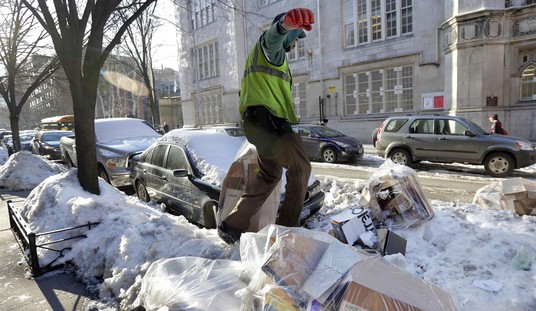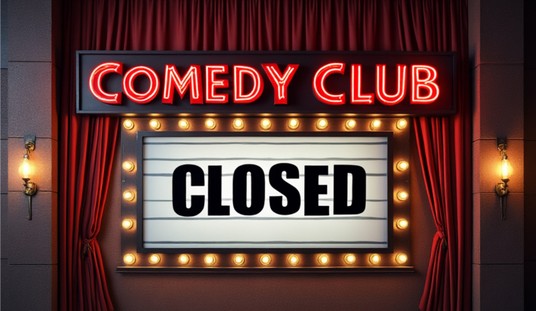City officials have suspended operations of the Safe Streets anti-violence program in East Baltimore after police officers found seven guns and drugs stashed inside the Monument Street office. Police said a robbery investigation led them to the office, and two employees were among those arrested. The suspension sidelines the program’s work in East Baltimore at a time when gun violence has been spiking.
Safe Streets, a grant-funded program under the city’s Health Department, uses ex-felons in an effort to stem crime. The program has been lauded for keeping violence at a minimum in the four neighborhoods where it operates, and some officials have urged its replication across the city. The program has had trouble in the past, with offices previously suspended in 2010 and 2013 amid criminal allegations against employees. It has also faced criticism over its recruiting practices.
Howard Libit, a spokesman for Mayor Stephanie Rawlings-Blake, said, “The Mayor remains supportive of the program and the effective way it has been able to reach many people in our city and reduce crime. But she recognizes the program must be vigilant with respect to the activities of the program’s participants and staff members.”
Isn’t this just a perfect metaphor of the entire anti-common sense liberal philosophy? Hire criminals “in an effort stem crime” — what could possibly go wrong? Alas, we are reaching the point in this country where such delusional thinking is a luxury we can’t afford. Unless, of course, it’s not delusion but intentional.
Meanwhile, in other news of the Third World city formerly known as Balitmore, Md.:
Baltimore says it has fixed its well-known water bill problems – grossly inaccurate bills, haphazard record-keeping, a dysfunctional bureaucracy – but reports from city customers suggest that debugging the long-troubled system is no easy task.
Take the case of Jacqueline Robarge, a Remington homeowner who recently found herself facing a $65,469.50 quarterly water bill. “It’s not even possible I could have used all that water,” said Robarge, telling her story to The Brew. We took Robarge’s story – and the complaints of other residential customers – to city officials who say they are doing what they can to address the continuing complaints highlighted in a harsh 2012 water department audit. (It showed the agency overcharged more than 38,000 area customers in three years – and that customers who were over-billed were reimbursed only if they filed complaints with the city.)
“With reasonable evidence that there was an error on our part, the customer will receive relief,” said Kurt Kocher, spokesman for the Department of Public Works.
Give the nearly unemployable municipal jobs and this is what happens. Because, it’s the thought that counts, not the 65 grand.









Join the conversation as a VIP Member